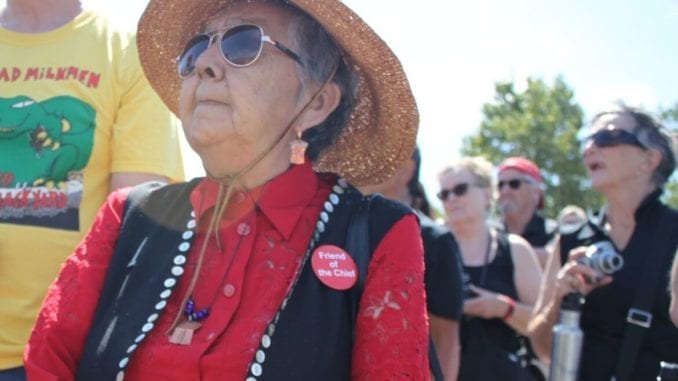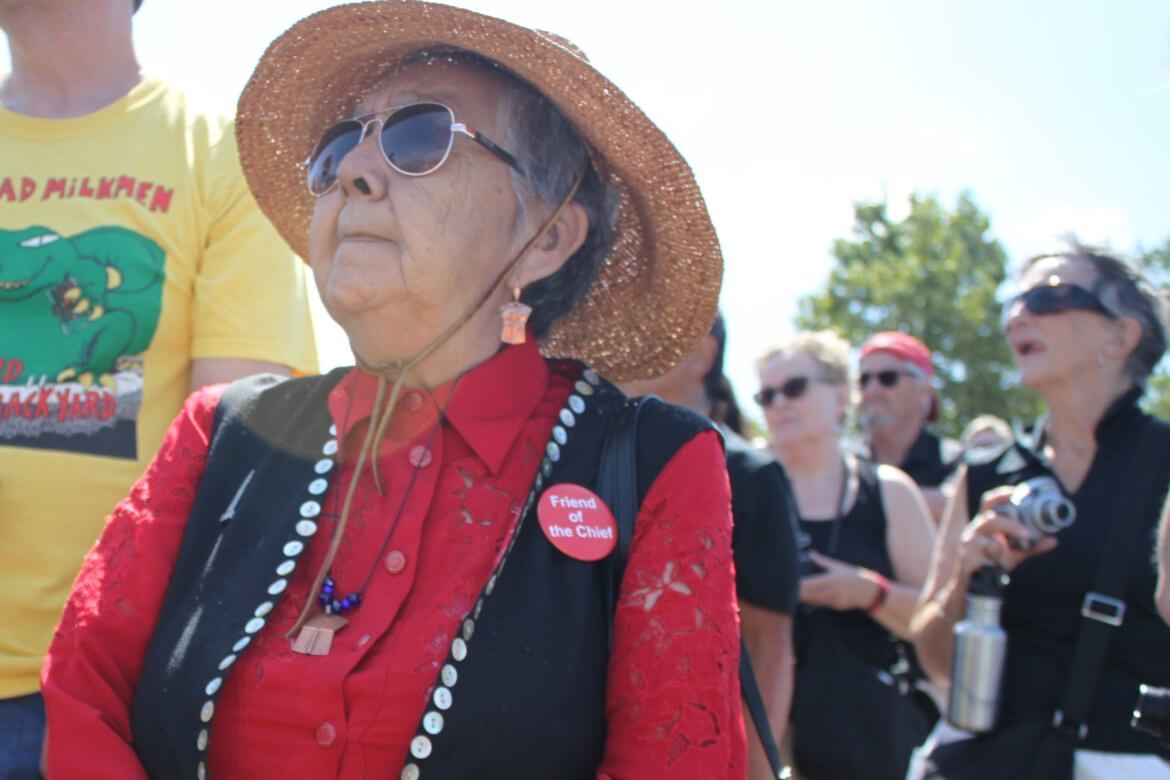
 One in four older adults in Canada between the ages of 65-84 years, and one in every two, over the age of 85 are medically frail. However, the prevalence of frailty is even more dire for First Nations communities. Approximately 50 per cent of First Nations People over 65 years of age are living with frailty. This is double the national average.
One in four older adults in Canada between the ages of 65-84 years, and one in every two, over the age of 85 are medically frail. However, the prevalence of frailty is even more dire for First Nations communities. Approximately 50 per cent of First Nations People over 65 years of age are living with frailty. This is double the national average.
The Canadian Frailty Network (CFN) has released funds to support Indigenous knowledge translation and real-world implementation projects that improve local health and social care, allowing elders to remain in their homes and communities as they age, for as long as possible.
“The purpose of this funding is to empower Indigenous communities to scale-up initiatives or research already running in the local community,” says Dr. John Muscedere, Scientific Director & CEO, Canadian Frailty Network. “We recognize the need for Indigenous autonomy when it comes to taking care of the health of elders with frailty.The top initiatives were all co-created or co-designed in close partnership with Indigenous community members and the funded teams — this was a strict criterion.”
The top projects selected for funding come from diverse areas of the country from as far north as Hudson’s Bay to the BC Interior. Each initiative will have a separate and distinct impact on the local community. These projects vary based on the communities they serve and target different elements that contribute to frailty. Projects that will receive funding from CFN include an in-home program to improve nutrition, an initiative that aims to implement a trauma informed approach to emergency department care and a community rehabilitation training program.
Funding has also been approved for a community paramedicine program offering community-based healthcare, Adapting the Community Paramedicine at Clinic (CP@clinic) program to support the care of frail Indigenous older adults in their homes in the Weeneebayko Area Health Authority, Northern Ontario. Dr Gina Agarwal, CP@clinic Lead shares that, “CFN funding has made it possible for my team at the McMaster Department of Family Medicine to adapt the evidence-based Community Paramedicine at Clinic (CP@clinic) program for the population of Moosonee — we hope to impact indigenous older adults’ health by reducing frailty and improving their health.”
As well, Keeping our Nlaka’pamux Elders at Home, an initiative that has a three pronged approach to helping elders stay in their homes will be funded. On behalf of the Nlaka’pamux Nation Tribal Council, Debbie Abbott expresses her thanks and explains the goals of the program: “We extend our warm thanks to the Canadian Frailty Network which has provided us the funds to assist our Nlaka’pamux Elders to remain in our communities, in the comfort of their homes, in good health and enjoying the company of friends and family while passing on Nlaka’pamux traditions and wisdom to our children.
‘Keeping our Nlaka’pamux Elders at Home’ is a project involving three Elder-led initiatives: nkshAytkn gatherings to reinforce social and cultural connections, Elder Action activity programs to enhance health, mobility and strength, and a Home improvement program to help reduce fall risk in the home. Kwukwscémxw!”
Finally, an initiative to improve physical well-being will also receive funding. Dr. Cara Brown of the University of Manitoba leads Addressing Frailty with Community-Directed Physical Activity Programs in Manitoban First Nations Communities. “The support from the Canadian Frailty network will help to propel an already existing partnership between the College of Rehabilitation Sciences and Manitoba First Nations communities towards improving culturally relevant care for First Nations elders. The partnership is named Kiga mamo anokimin onji minoayawin – which translated from Ojibway means, ‘We will work together for health and wellness’ with the goal to bring the college’s services to the community based on their self-identified needs,” says Dr. Brown.
Each of these unique projects have been designed with and for the communities where they will be implemented. These projects are essential to reducing frailty and improving quality of life for Indigenous elders.
 About the Canadian Frailty Network
About the Canadian Frailty Network
Canadian Frailty Network (CFN) is Canada’s sole network devoted to improving care for older Canadians living with frailty and supporting their families and caregivers. We do this by increasing frailty recognition and assessment, increasing evidence for decision-making from the bedside to the policy making level, advancing evidence-based changes to care, training the next generation of care professionals and scientists, and engaging with older adults and caregivers. Canadian Frailty Network is funded by the Government of Canada’s Networks of Centres of Excellence (NCE) program. For more information, please visit www.cfn-nce.ca, or follow us on Twitter, LinkedIn and Facebook.
